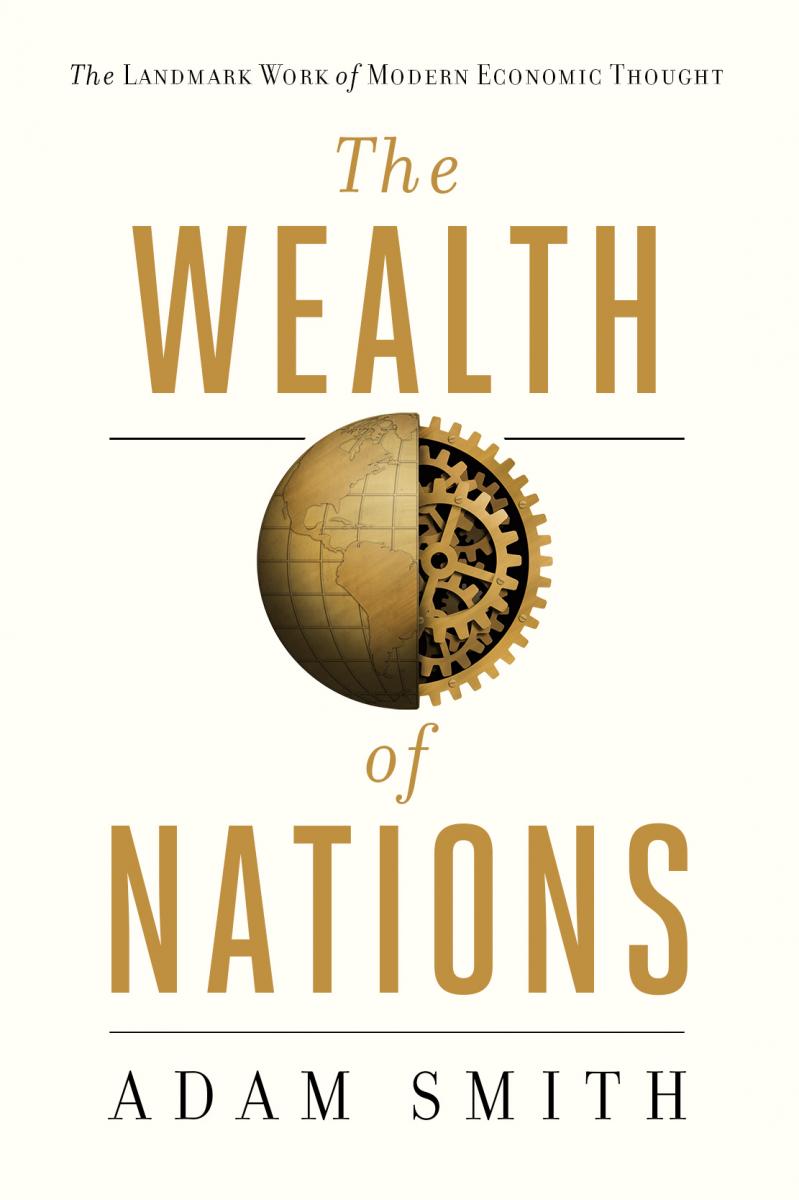Adam Smith is well known among economists today as through this book he effectively laid the foundation of modern economics on both the macro and micro scale. The Wealth of Nations is laid out like a doctoral thesis, touching on nearly every facet of the economies and wealth management of nation-states in the late 1700s. It’s organized into several different books that cover different topics by laying out the essential concepts, exploring them in detail and supporting theses using historical data, and then drawing conclusions based on that data. So if you intend to read it, be prepared as there are often long tangents that discuss things like the relative prices of commodities historically among different nations.
From the perspective of introducing new concepts and idea, this book was fantastic. While the digressions into things like the relative values of gold and silver to commodity prices were unfortunately hours long at times, from the perspective that this is Smith’s magnum opus thesis and he is defending his conclusions with data it is understandable. The full book is broken into five books covering labor, stock, progression of economic growth in societies, political-economic systems, and nation-state revenues. The conclusions themselves were really interesting to me and shed new light on both macro and micro economics that I hadn’t considered before. I won’t cover everything as this is a monster of a book, but I’ll point out a few things that stood out to me as being something I hadn’t considered or properly understood before. One specific example is that he proposes that money is not really of value in and of itself, but it has value in how much labor it is worth. For example, colonial nations sought out gold and silver mines in the Americas to increase the wealth of their nations, but nations like Spain who had vast mines across the Americas didn’t actually generate significant amounts of wealth by possessing the precious metals. Nations will only use as much gold and silver as they need to mint money and create trinkets like jewelry and silverware, but beyond that an oversupply of gold and silver just devalues it. The labor of society generates food and commodities, which they exchange for money that they use to buy other goods and commodities. As a society grows its productive power either through growing it’s population and/or increasing the economic output of the people it has, it needs enough money in circulation so that the people can exchange the fruits of their labor for other goods. So from that perspective, money is just a medium for trading manhours, and to increase the wealth of a nation you need to increase the productivity of it’s people. Another topic he went in to in depth was colonialism. He points out (through extensive examples I won’t get in to) that the monopolization of the colonial trade in America has only hurt Britain. Furthermore, the cost of the wars to defend the colonies far outweighs any benefits from retaining them, and they should be cut loose to develop on their own. I had always assumed that colonialism (while ethically wrong) was extremely beneficial to the ruling power, a notion that he deftly dispelled.
There are a lot of other economic topics like taxes, public debt, the balance of imports and exports, and others that he spends a lot of time that I learned a lot about, but he also has many surprisingly progressive societal views. For example, while being very vocally in favor of free markets, he argues against monopolies, slavery, and colonialism. He also argues in favor of heavier taxes on the wealthy, the rights of workers, colonial representation in British government, and government maintenance of infrastructure.
As I stated a couple of times, this book is long and on many occasions mind-numbing to read. Because it’s an academic thesis rather than a novel with characters, there weren’t any interesting perspectives to explore, so that category weighs down the rating significantly. I enjoyed some parts of it, but many of the data-supporting sections dragged on and made it a chore more than a read, so it has an average score. However, it also has significantly changed my perspective and understanding of many economic issues and how their effect on society and explores some really interesting concepts, so it gets full marks in that category. Overall, if you’re looking for a fun read, this isn’t it. If you are someone like me who likes trying to understand the larger forces that move the world around us it’s definitely worth reading.
--Luke Melander

